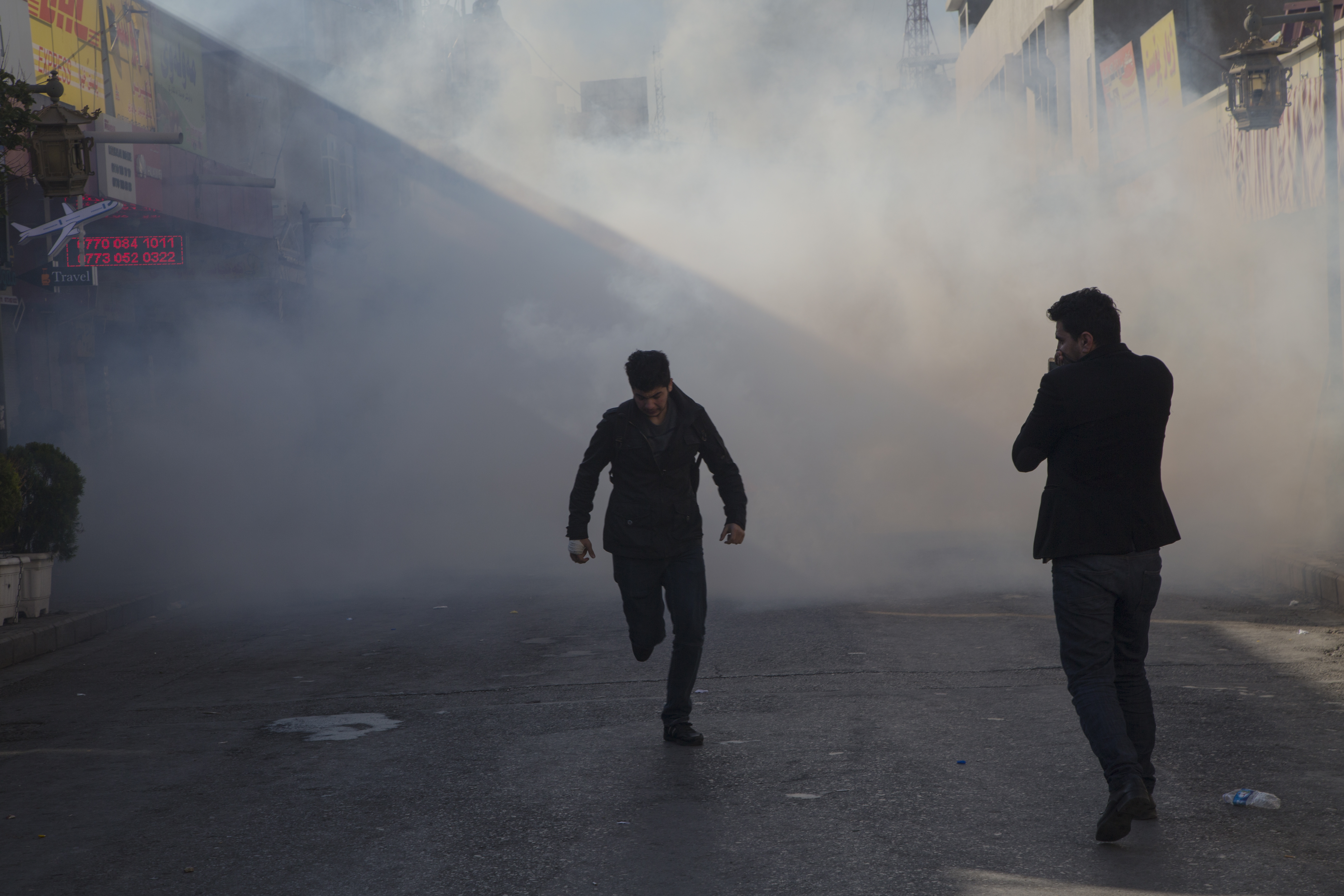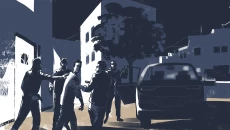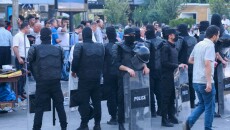The US State Department accused both the Iraqi federal and the Kurdistan Regional Government KRG of restricting fundamental freedom of expression and civil space and exercising violence and death threats against journalists, in addition to unjustified arrests and trials, and placing censorship and restrictions on the freedom to use the Internet.
Significant human rights issues included credible reports of arbitrary or unlawful killings, enforced disappearance; torture and cruel, inhuman, and degrading treatment or punishment by government officials; harsh and life-threatening prison conditions; arbitrary arrest or detention; arbitrary or unlawful interference with privacy, the report states.
The charges came in the annual report of the US State Department 2023 Country Reports on Human Rights Practices, where the report stated in the section on freedom of expression and journalistic work that “individuals were not able to criticize the government publicly or privately without fear of reprisal.”
Paramilitary militias harassed activists and reformist political movements “online or in person, including through online misinformation, hacking, threats or the use of physical violence to silence them and stop their activities.”
The report also stated that local and international nongovernmental organizations (NGOs) indicated an unprecedented level of legal harassment, primarily through false accusations of criminal activity and vague penalties for “dissent” or “defamation” following public comments and criticism of government agencies.
In some cases, NGOs referred to as malicious, fraudulent, or nuisance lawsuits, these legal actions tend to cite vague legal provisions and rely on overly broad legal interpretations. Many malicious prosecution cases do not reach the public domain due to victims' fear of retaliation or further harm.
The report noted that “the government has increasingly targeted social media users.” The Ministry of Interior established new social media rules in January, launching a platform that allows individuals to denounce or report any content that violates public morals, contains negative and obscene messages, and destabilizes social stability.
Press freedom in Iraq and the Iraqi Kurdistan Region IKR is deteriorating due to continued violations, including arbitrary detention and “unfair” trials of journalists as Iraq ranks 169th out of 180 countries in the world, according to the latest ranking of countries for press freedom, released by Reporters Without Borders on May 3, World Press Freedom Day.
In its latest report, Amnesty International says authorities of the Kurdistan Region of Iraq (KR-I) “must end their assault on the right to freedom of expression and press freedom, including the arbitrary detention, beating and grossly unfair trials of journalists.”
“The harassment, intimidation and attacks against journalists have had a chilling effect on the right to freedom of expression and press freedom in the KR-I, with many journalists forced to flee or go into hiding or give up journalism altogether while many others remain in jail.”
The US State Department report stated that the security forces, most of which are affiliated with the Ministry of Interior, or within the National Security Service, or from the Popular Mobilization Forces, in addition to the forces of the KRG Asayish, arrested and detained demonstrators and activists critical of the federal and the regional governments, according to statements by government officials, representatives of non-governmental organizations and press reports.
On February 13, the Iraqi Observatory for Human Rights reported that authorities arbitrarily arrested social media users for posting “low-quality content.” The authorities reportedly treated these detainees as if they were involved in “terrorist” acts that damaged public institutions or resulted in the loss of public funds.

Regarding the Kurdistan Region, the US State Department says that “the political parties in the Iraqi Kurdistan region, namely the Patriotic Union of Kurdistan and the Kurdistan Democratic Party, have given priority to access to outlets that they or their members own or control... while media institutions that do not have the support of political and financial issues in the Kurdistan Region due to the difficulty of accessing information or media coverage sites.”
According to the report, harassment of journalists continued throughout Iraq, including death threats, intimidation, and attacks by militias or security forces.
From May 3, 2023 to May 2, 2024, over 330 violations were recorded in Iraq, including arrests, injuries, armed attacks, obstruction, beatings and lawsuits against journalists, according to the Press Freedom Advocacy Association in Iraq.
“At times, government forces prevented journalists from coverage for security reasons. Some media outlets reported arrests and harassment of journalists, as well as government efforts to prevent them from covering politically sensitive topics, including security issues, corruption, and the government’s failure to provide adequate services.”
In the first three months of 2024, according to Amnesty International’s documentation, the Iraqi Kurdistan Region IKR authorities have detained or summoned at least 10 journalists in relation to their journalism work. Others are already serving prison sentences after grossly unfair trials.
“There is censorship or restriction of content on members of the press and other media, including online media...”, for example, “The law prohibits the production, importation, publication or possession of written materials, graphics, photographs or films that violate the integrity of public or public morals.” Penalties included fines and imprisonment, according to the report.
“Fear of violent retaliation for publishing facts or opinions critical of political factions “hindered freedom of expression.”
The report noted that some KRG courts applied the more stringent Iraqi criminal law in lawsuits related to journalists instead of the local KRG law, “which provides greater protection for freedom of expression and prohibits the detention of journalists.”
The report again accused the KRG of "not implementing the Freedom of Information Law, which was originally passed in 2013." Journalists and press freedom advocates claimed that "the judiciary was not impartial in press freedom cases or in lawsuits filed against the Kurdistan Regional Government due to failure to provide information."
The report published that political parties strongly influenced or directly controlled most of the several hundred daily and weekly publications, in addition to dozens of radio and television stations, social media platforms, and social media influencers.
“Popular Mobilization Forces paramilitaries have frequently threatened members of Sunni communities and minorities with terrorism charges to silence their opposition, especially in areas where the militias have seized local land and economic activities and prevented the return of displaced Sunnis.”
These violations and obstacles mentioned in the US State Department report come at the right time the Iraqi constitution guarantees freedom of expression and freedom of journalistic work, provided that public regulations and morals are not violated and that support for the banned Baath Party is avoided.







